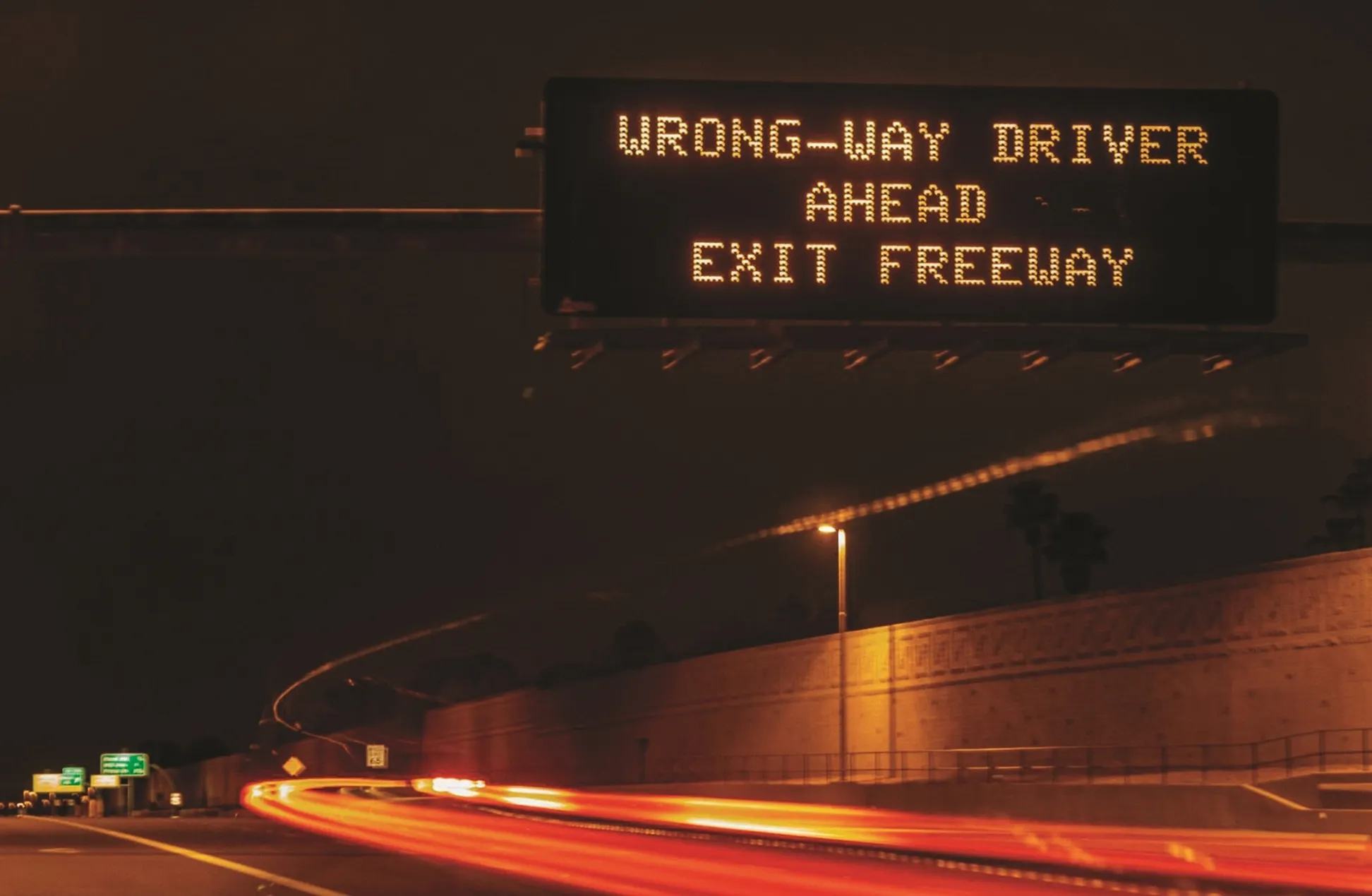Turkish train manufacturer
BBR will supply its multi-function PZB222 safety systems for 60 new and ten old vehicles to monitor speed and control the train: if a train passes a stop signal or exceeds the permitted speed limit, an automatic braking system is triggered, taking into account safety specifications relating to its position on the track. Coupling coils on the train and track exchange information on the speed or inclination of the track.
Using these data as well as individual vehicle properties, the system calculates a braking curve to match the situation. Display units keep the driver continuously informed about his target and actual speeds.
BBR has been supplying systems for the Bursa metro system since 2012; managing director Frank-Michael Rösch says, "This order from Bursa which is now the fourth, shows that our systems are proving their worth.”
Bursa is the fourth largest town in Turkey with a population of around 1.8 million.
The metro system has been extended several times since it opened in 2002 and the network now comprises a distance of 39 kilometres, 38 stations and currently over 80 trains.
German company scoops Turkish order for train safety systems
Turkish train manufacturer Durmazlar has ordered 60 train monitoring and control systems from German supplier BBR for the expansion of the metro system in Bursa.
BBR will supply its multi-function PZB222 safety systems for 60 new and ten old vehicles to monitor speed and control the train: if a train passes a stop signal or exceeds the permitted speed limit, an automatic braking system is triggered, taking into account safety specifications relating to its position on the track. Coupling coils on the tra
October 30, 2015
Read time: 2 mins








